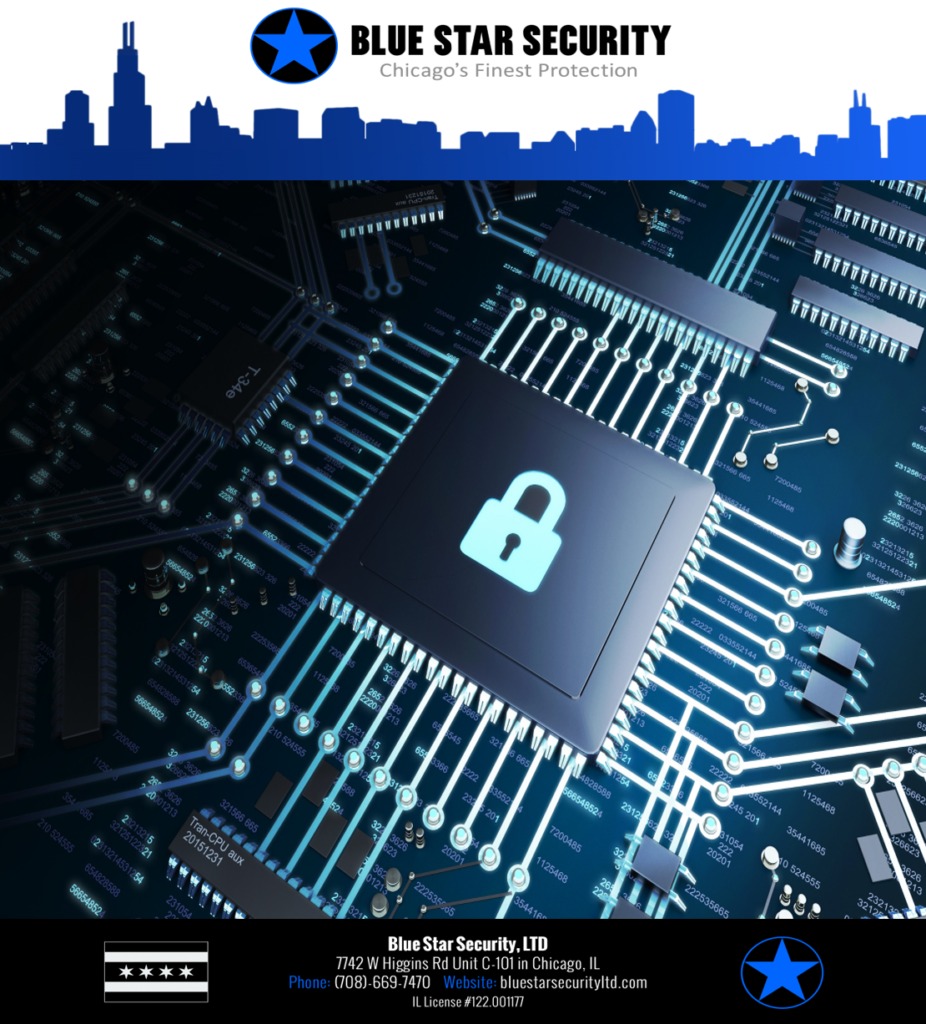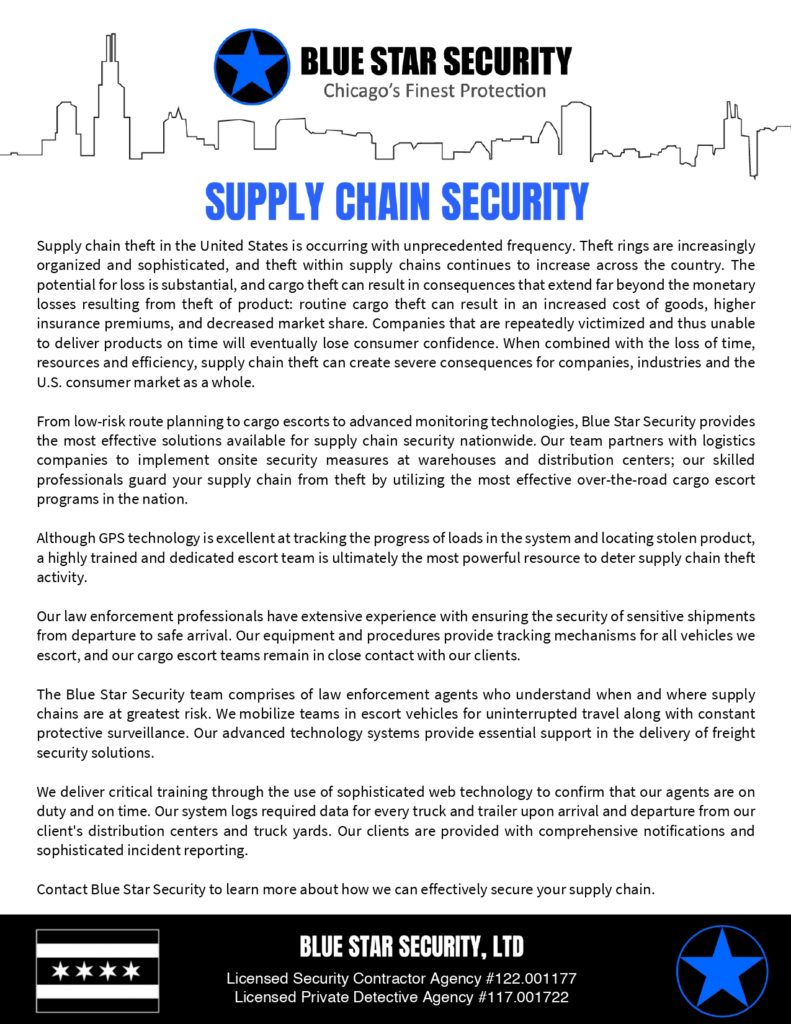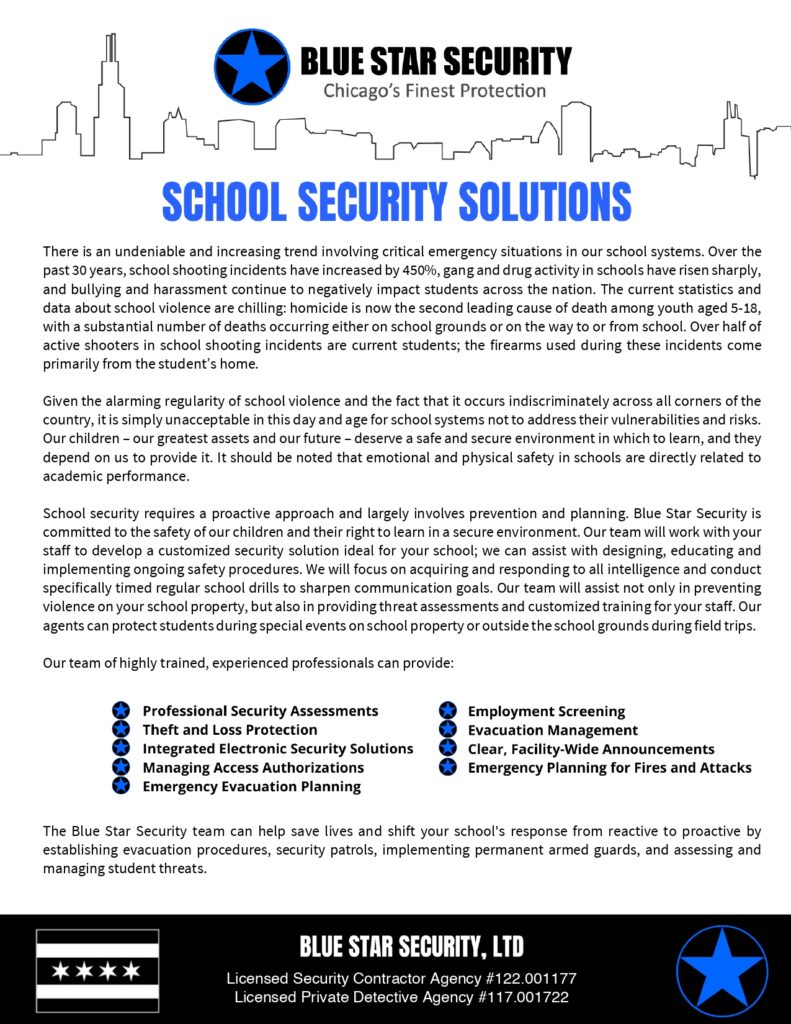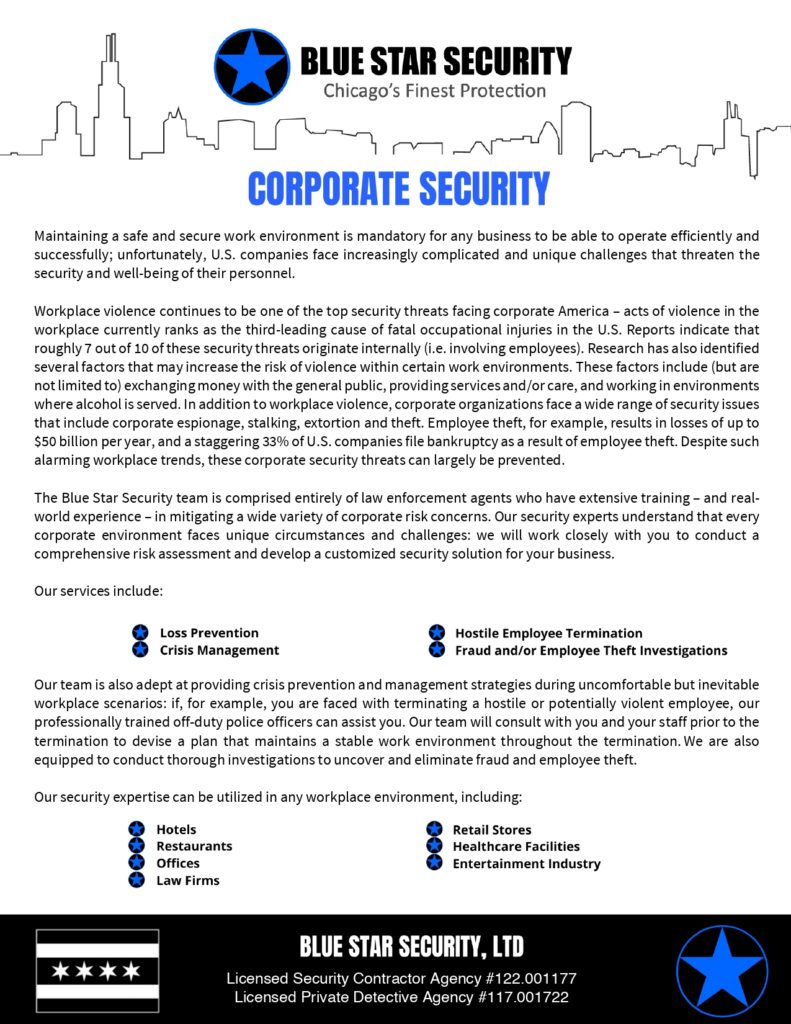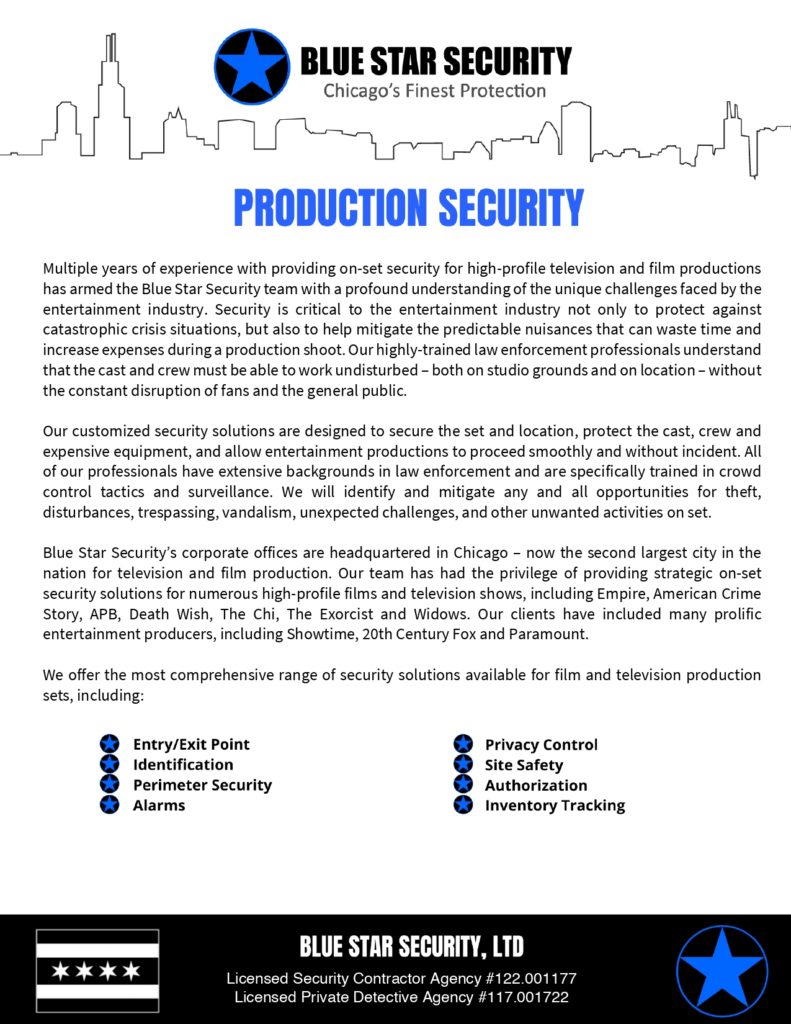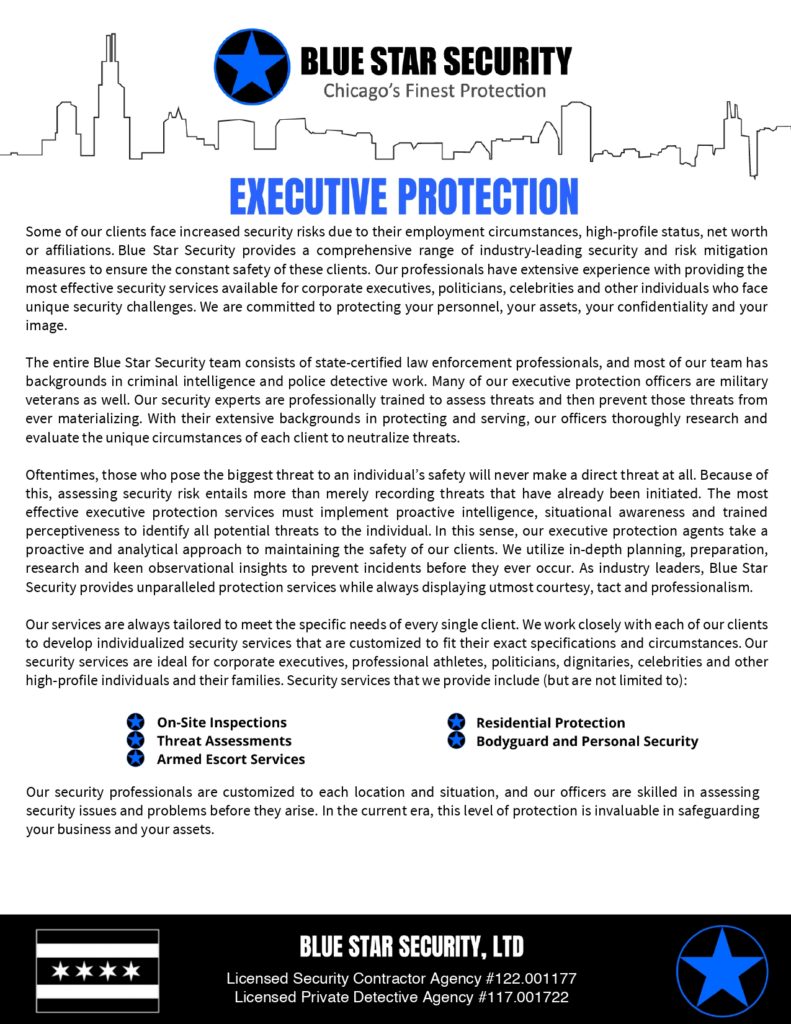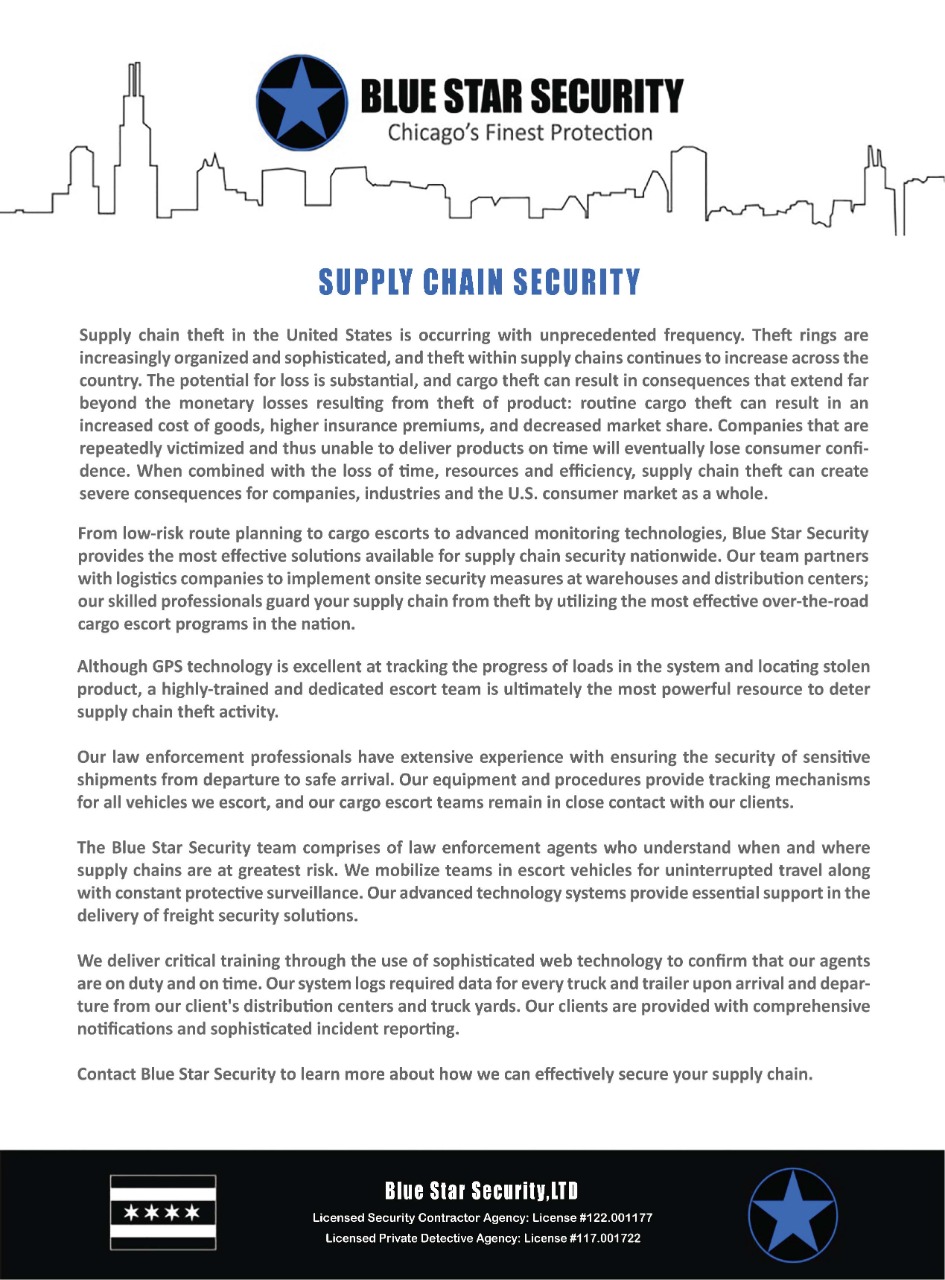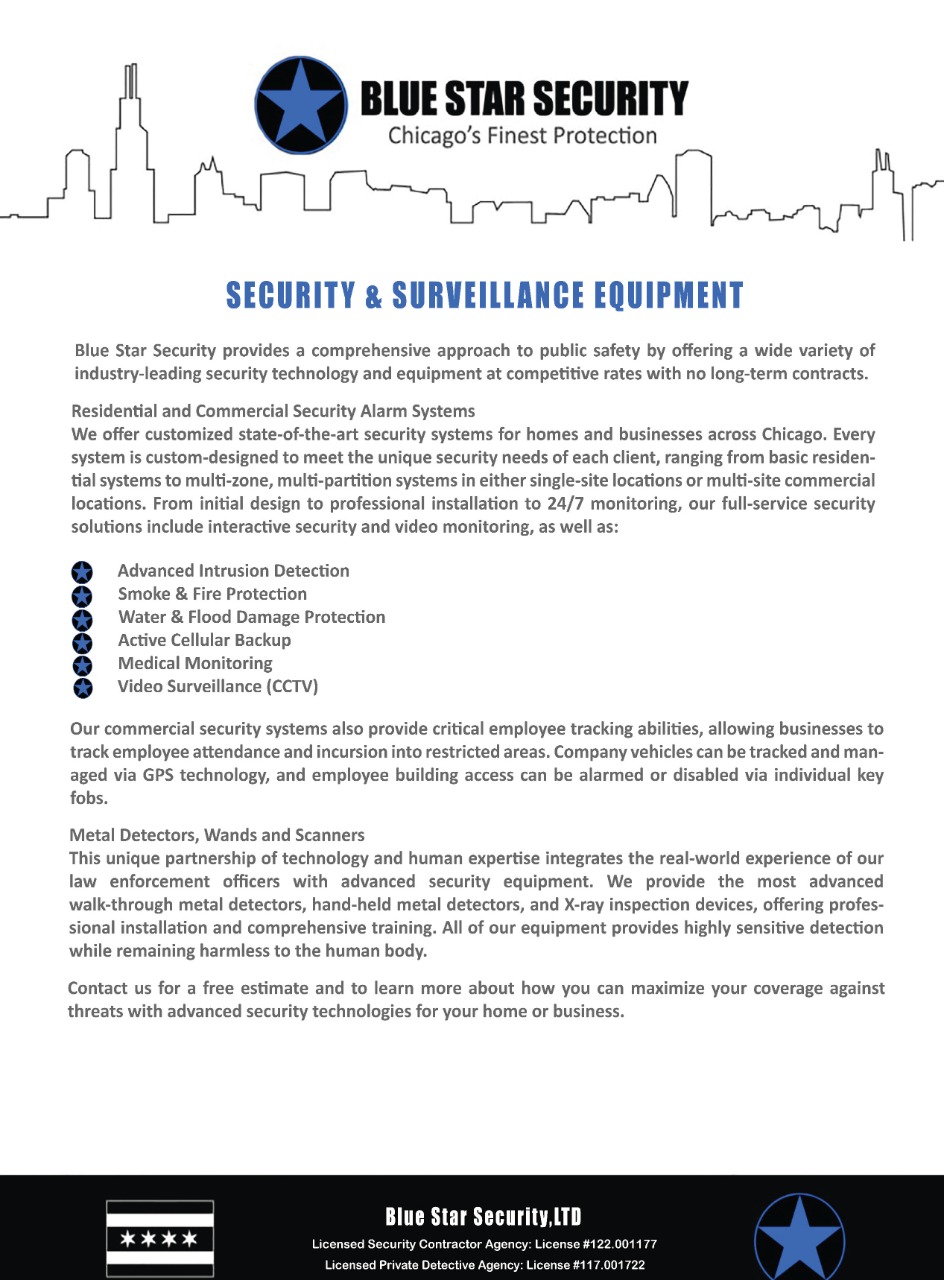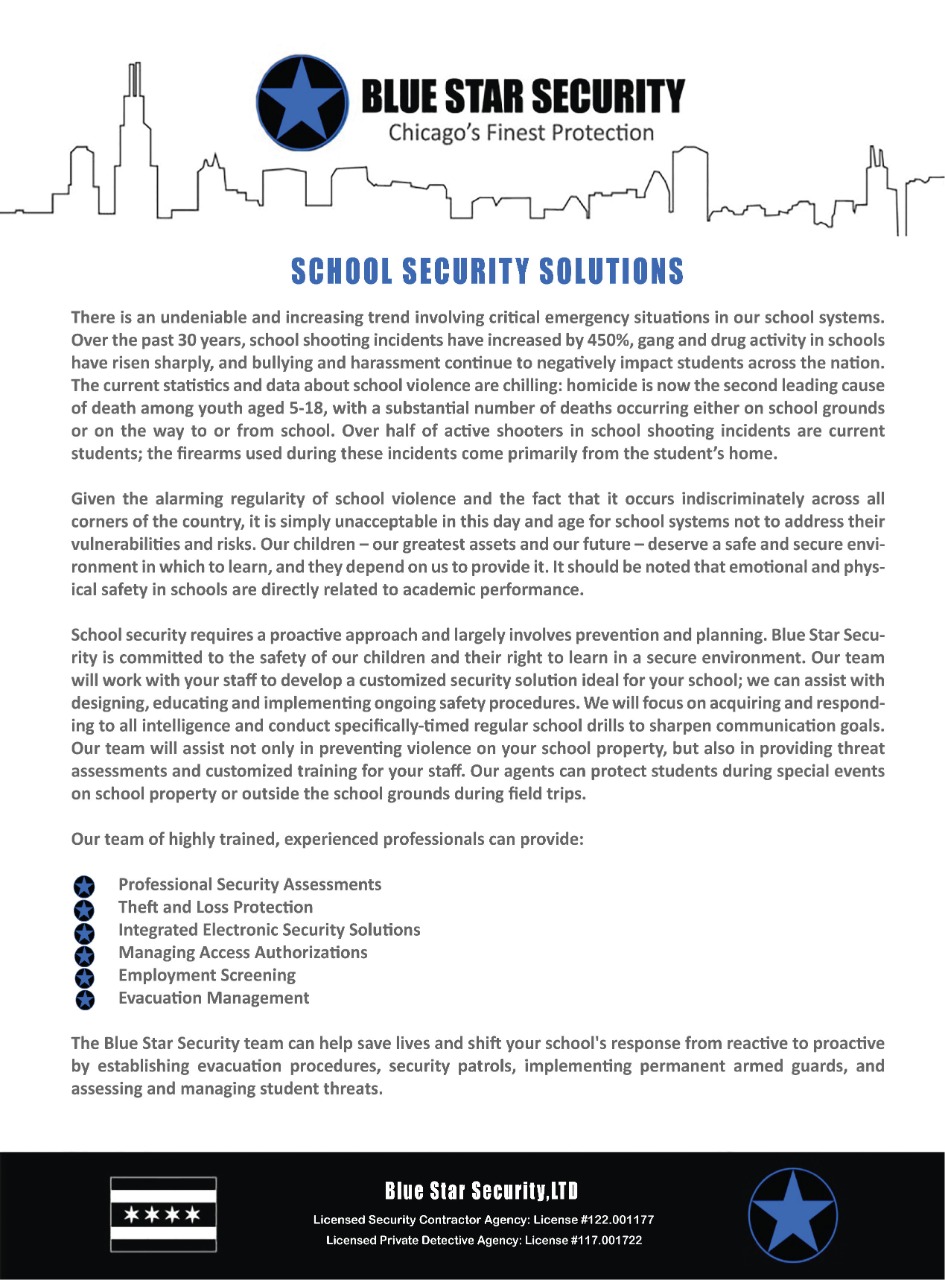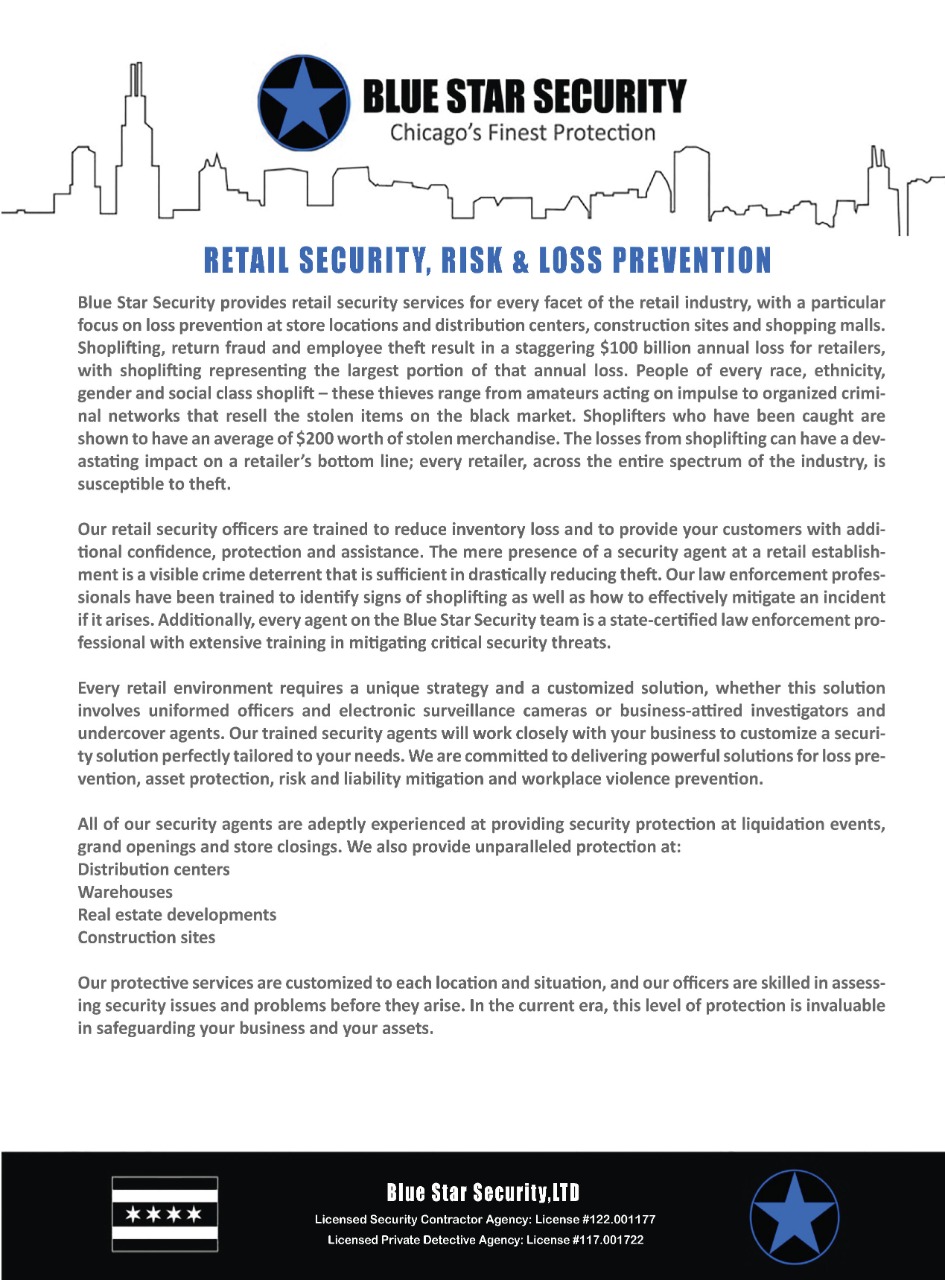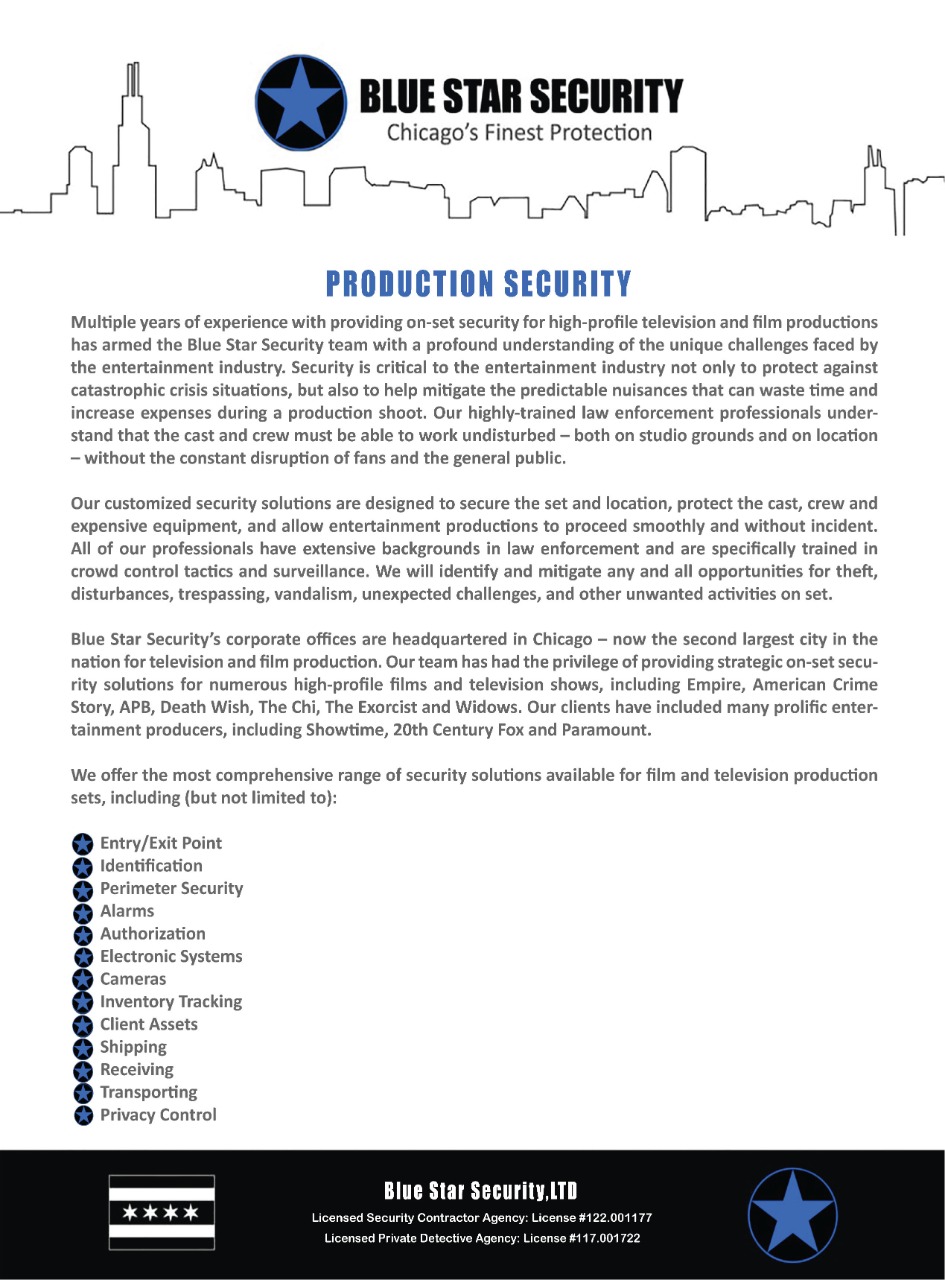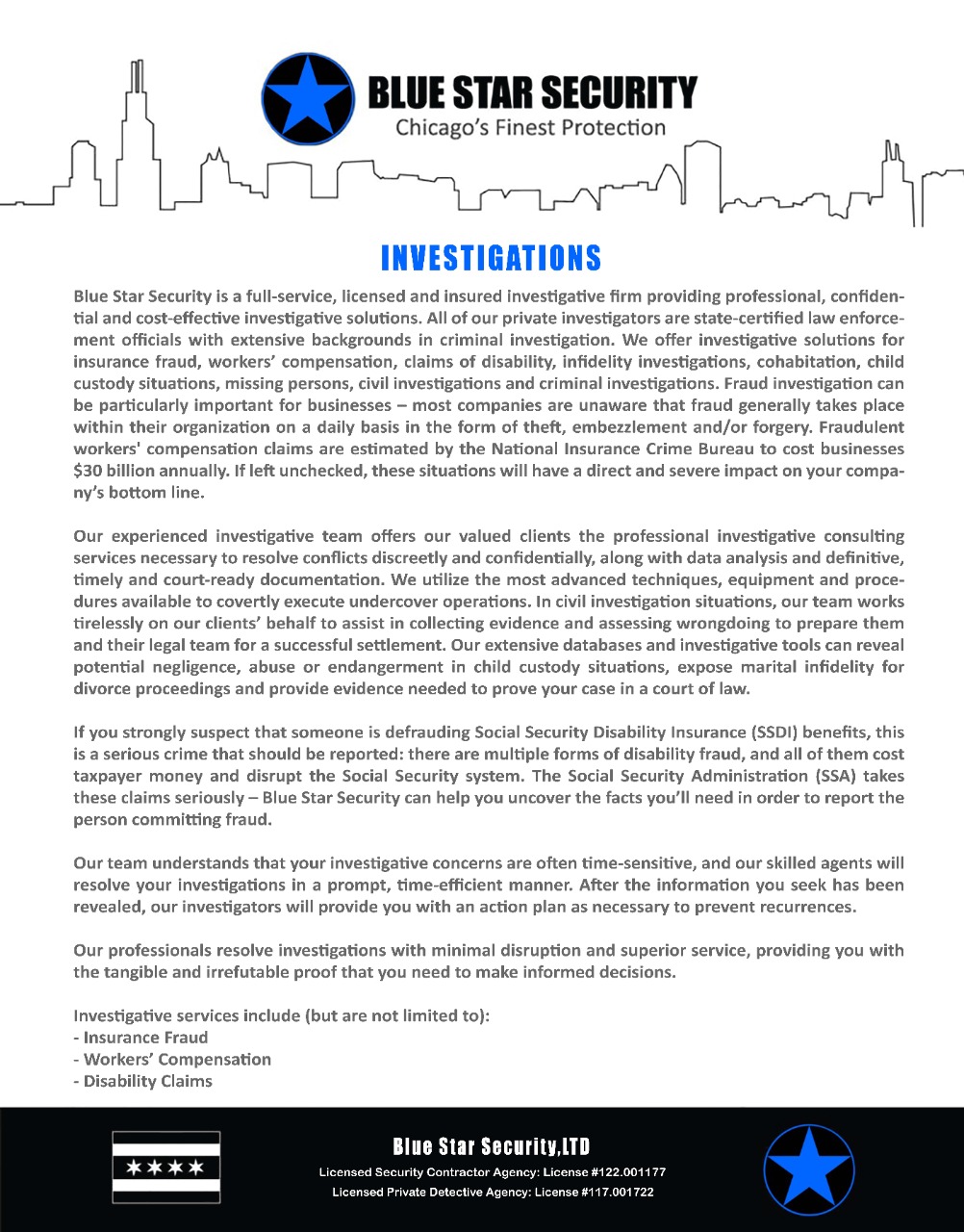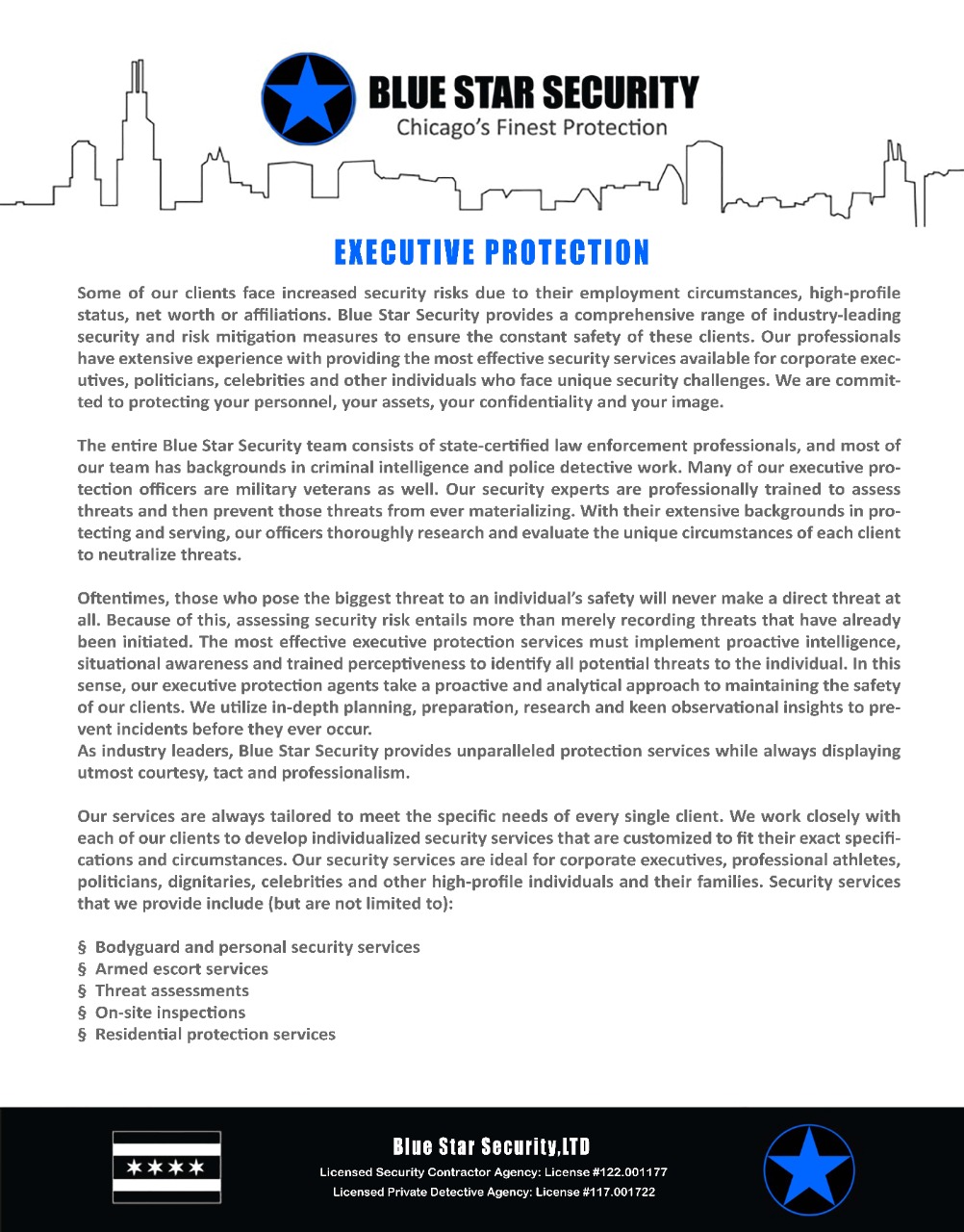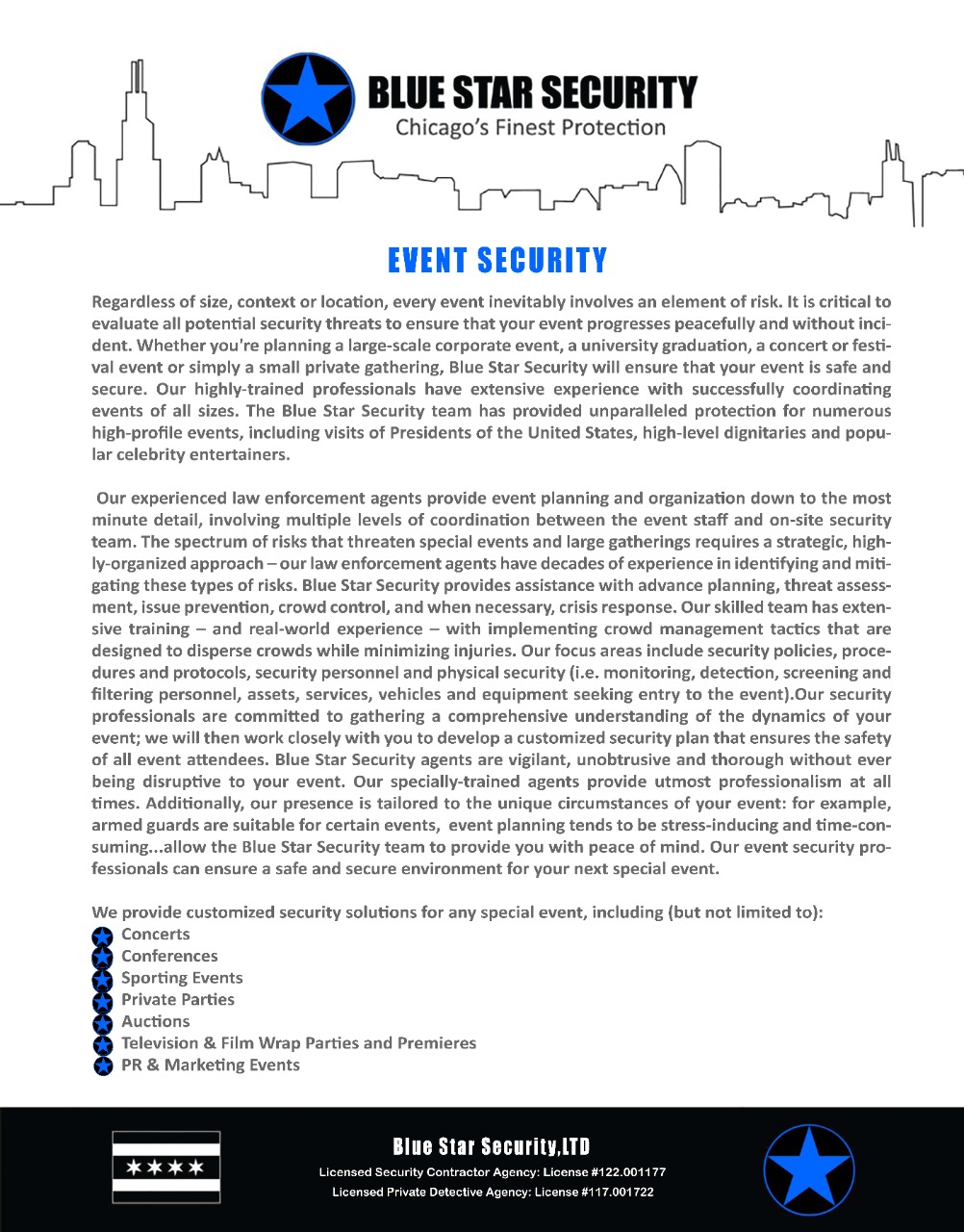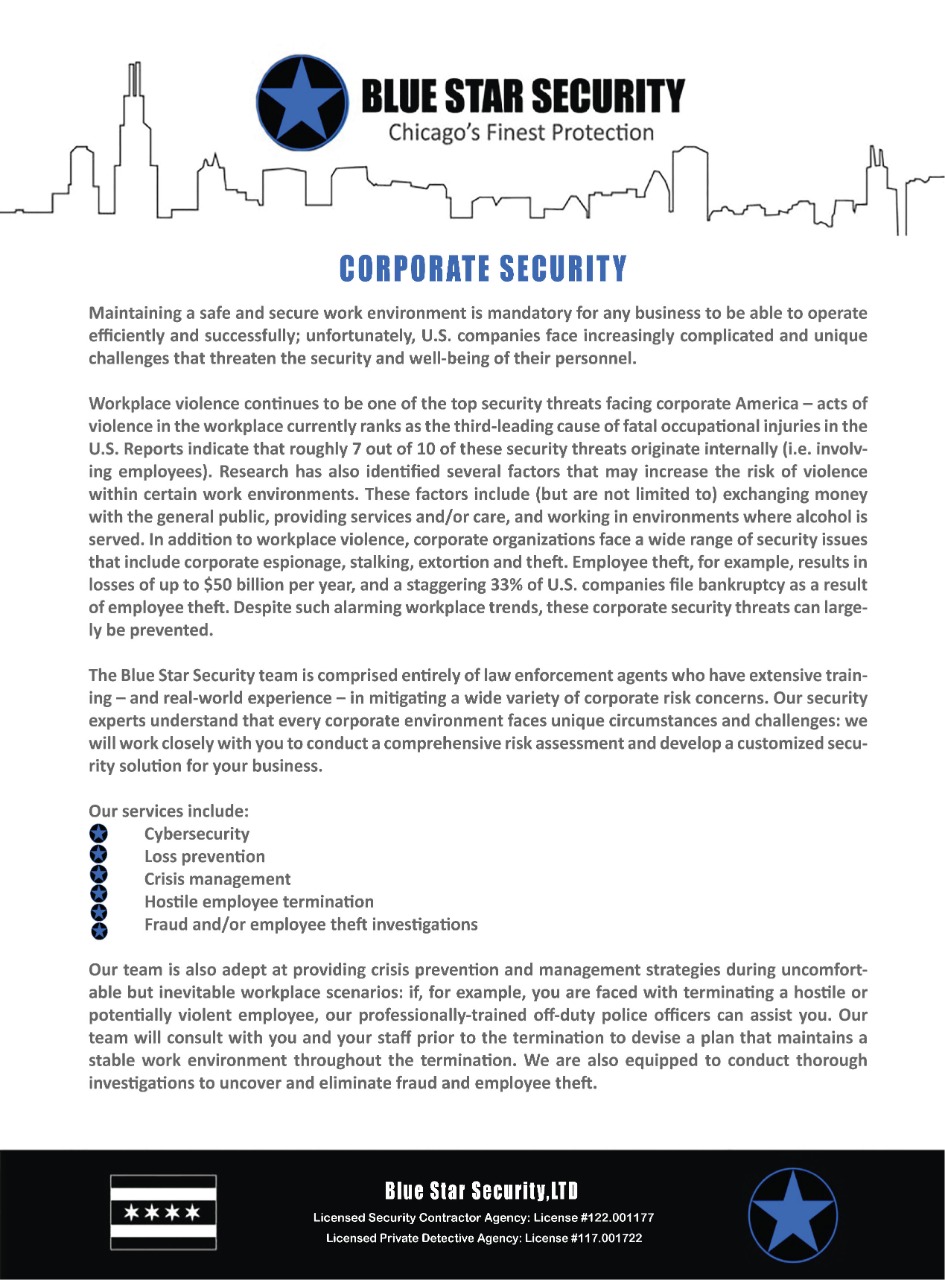Internet security is a topic that we all know to be important, but it often sits way back in the recesses of our minds, fooling ourselves into believing that “it won’t happen to me”. Whether it’s the destructive force of the newest virus, we’re always only one click away from dealing with a security mess that we’d rather not confront. Nowhere is this truer than in our emails.
Safe online practices are important to keeping your online identity unadulterated and free from viruses, hackers, and all sorts of Internet-based shenanigans. And the best place to start? Your inbox.
Here are some simple yet important security tips you should know in order to keep your email account as secure as possible.
1. Use Separate Email Accounts
If you’re like most people, your email account is probably the centralized hub of your personal activity. All of your Facebook notifications, website registrations, newsletters, messages, etc. get sent to your email box, right? That means you’re putting all of your eggs in one basket – if that basket happens to fall, you’ll lose all your eggs with it.
Having separate email accounts will not only help boost your security, but also your productivity. Imagine if you could consolidate all of your work emails into a single work account; all of your friends and family communicate with your personal account; you have a recreational account for various websites; and a throwaway account for potential spam links. This way, if someone hacks your work account, all of your personal emails are still safe.
2. Create A Unique Password – Not the same as your other accounts!!!
Going along with the multiple account idea, you should also have an entirely unique password for each of your email accounts. Even if you decide to keep one “master” email account, make sure that its password is 100% unique.
This is common advice, I know, but so many people still neglect it. Admittedly, for the longest time, I too used the same password for literally every account that I had. When one of my friends figured out my password (without messing with anything, thankfully), I knew it was time to wise up.
3. Beware Of Phishing Scams
When dealing with a particular company or product that requires account information, have you ever seen the following message: “Never give away your personal information. We will never ask you for your password.” When someone sends you an email asking you for your personal information, you know right away that it’s a trick.
4. Don’t Always Click Link In Emails
Phishing brings me to my next point. Whenever you see a link in an email, 99% of the time you should not click on it. The only exceptions are when you’re expecting a particular email, such as a forum registration link or game account activation email. Things like that.
If you receive a spam email that tries to sell you a particular service or product, never click on any of the links inside. You never know where they’ll lead you. Sometimes they might be safe; other times they’ll bring you straight to the doors of hell and swarm you with malware and viruses.
If you get an email from your bank or any other service (e.g., bill payments), always visit the website manually. No copy and paste. No direct clicking. You’ll thank yourself later.
5. Do Not Open Unsolicited Attachments
Attachments are a tricky thing when it comes to email. If you’re expecting something from a buddy or an uncle, then sure, go ahead and open the attachment. Have a laugh at the funny photo they sent you. It’s all good when you know the person sending the attachment.
But if the email is unsolicited, never open any attachments. Even if the file looks innocent, you could be in for a world of hurt. Filenames can be spoofed. JPEGs could be EXEs in disguise and those EXEs will run as soon as they’re downloaded. And then you’ll have a virus on your hands.
6. Scan For Viruses & Malware
If you open an email and it seems suspicious in any way, go ahead and run a malware and virus scanner. Not every spam email will infect you with a virus and it may seem like overkill to run a malware scanner every time you open a fishy email, but it’s better to be safe than sorry. The one time that you decide to let it go could be the time your computer loads a key-logger.
7. Avoid Public Wi-Fi
And lastly, avoid checking your email when you’re on public Internet. Yes, I know that when you’re waiting for an airplane to reach your gate, it can be tempting to whip out your smartphone or laptop and check for new messages. Unfortunately, public Wi-Fi can be extremely insecure.
There are programs out there called “network sniffers” that run passively in the background of some hacker’s device. The sniffer monitors all of the wireless data flowing through a particular network – and that data can be analyzed for important information. Like your username and password.

